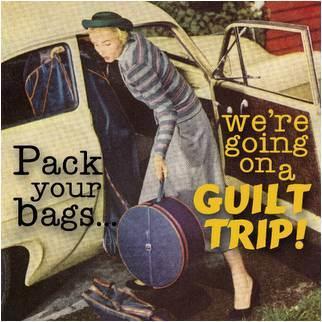
Seattle Times: Seattle drivers might soon see reminders that they’re harming the environment each time they gas up their cars. The city — following the lead of San Francisco and Berkeley — is considering requiring stickers on gas pumps telling drivers that burning fuel contributes to climate change.
The Seattle City Council sent a letter to the San Francisco board of supervisors this week applauding the supervisors for jump-starting the discussion. “Like you, we are feeling the effects of climate change acutely. Wildfires are raging in Eastern Washington and our hydro-powered utilities are suffering from less water flow than in previous years,” the letter said. “Councilmember Mike O’Brien intends to draft similar legislation, using your ordinance as a model, to put messages on gasoline dispensers.”
O’Brien began looking into the idea after student activists with Plant for the Planet, an international children’s initiative to raise awareness about climate change, talked about it during a January visit to City Hall, he said this week. “They’re a really powerful group of young advocates doing some great work,” O’Brien said. “The idea intrigued me.”

Socialist Kshama Sawant
Eight council members signed the letter. Councilmember Tom Rasmussen objected to the approach during a council briefing Monday. “I met with the young people who are promoting this,” he said. “What I would suggest first before regulating businesses would be to talk to the businesses … to see whether they would, on a voluntary basis, put labels like this on the pump handles.” Councilmember Kshama Sawant disagreed. “Just to be clear, we’re talking about the oil lobby here,” she said.
Proponents of the stickers compare them to health warnings on packs of cigarettes. Aji Piper, a West Seattle High School student who visited City Hall with Plant for the Planet, said he likes the idea of labeling gas pumps “because putting something in front of people that way might work better than trying to talk to them on the street.”
Piper, 15, said the stickers could inform drivers about climate change and also suggest ways to help the environment, such as planting trees or riding the bus. “The choices we make today directly impact how I’ll be living tomorrow,” he said.
The Western States Petroleum Association, an oil-industry lobbying group, wrote letters to Berkeley officials last year objecting to legislation requiring the labels. The association argued that such an ordinance would be unconstitutional because it would force gas stations to advance certain political opinions.
O’Brien said his understanding is that San Francisco officials have an ordinance drafted and ready to be voted on. But he said he doesn’t know when a vote may occur. Officials in the city of North Vancouver, B.C., are moving ahead with gas-pump stickers.
O’Brien said labels for Seattle likely would be inexpensive to produce and install and would make drivers think more about their cars and global warming. The result might be some drivers using their cars less or using electric cars, he said.
DCG

